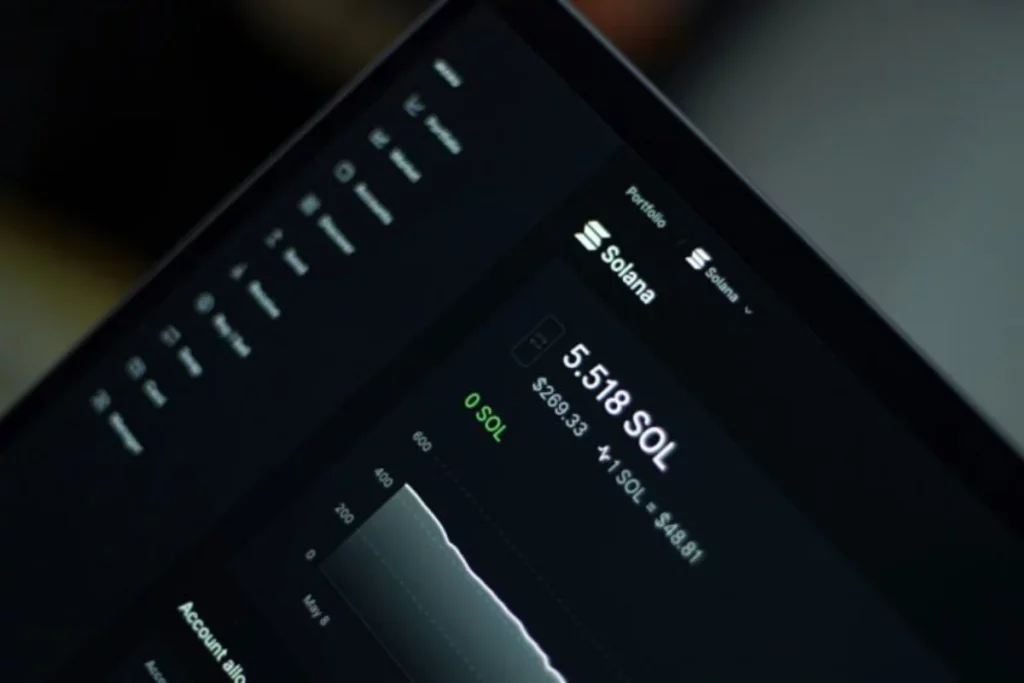Solana co-founder Anatoly Yakovenko has come up with a new plan to change the way charging works on the Solana blockchain. This plan has brought to light a number of previously unknown facts.
Anatoly Yakovenko Founder of SOL
First, the proposal itself calls for setting a dynamic base fee that is based on the current load on the SOL Network and charging for each computing unit that a transaction requests. Yakovenko says that the solution should be to lower fees when there aren’t many people using the network and raise fees when there are more people.
So, if the average load over the last eight blocks is more than 50%, the base fee goes up by 12.5%. The minimum fee stays the same, and there is no upper limit on the fee.
Read More: Solana rival Aptos has launched its long awaited Mainnet
congrats; you are reinventing ethereum fee market.
— Ξ ⟠ EtherPilled.eth ⟠ Ξ (@etherpilled) December 6, 2022
Some of these changes have reminded some people of the Ethereum fee market, where fees vary based on the level of network load. In response to this jab, the co-founder of Solana said that they had dynamic base fees before their biggest competitor.
Solana (SOL) Burning
Users thought that the SOL burning mechanism would show up because the proposal had a rule about how to burn, but it turned out that this was not the case.
Yakovenko said that 50% of all fees already paid in SOL are already subject to being burned. Changing the way fees are paid would have little effect on the total number of SOL burned.
Read More: Solana Biggest Stake Change 49.61 Sol ($982M) unstake | Epoch 370 what’s next?
2022 in Solana story was Sad
This year, the price of SOL has changed on the market every time Solana’s network went down. This has made people not trust crypto. After all, if its network doesn’t work, how could it be ready to do better than the top altcoin on the market
Even though it was chosen as the best token to launch non-fungible tokens (NFTs) and blockchain games after Ethereum, Solana’s network became unstable when it was used a lot. Another bad thing was that it was too centralised, which was always clear when developers stopped SOL blockchain to fix a bug.


